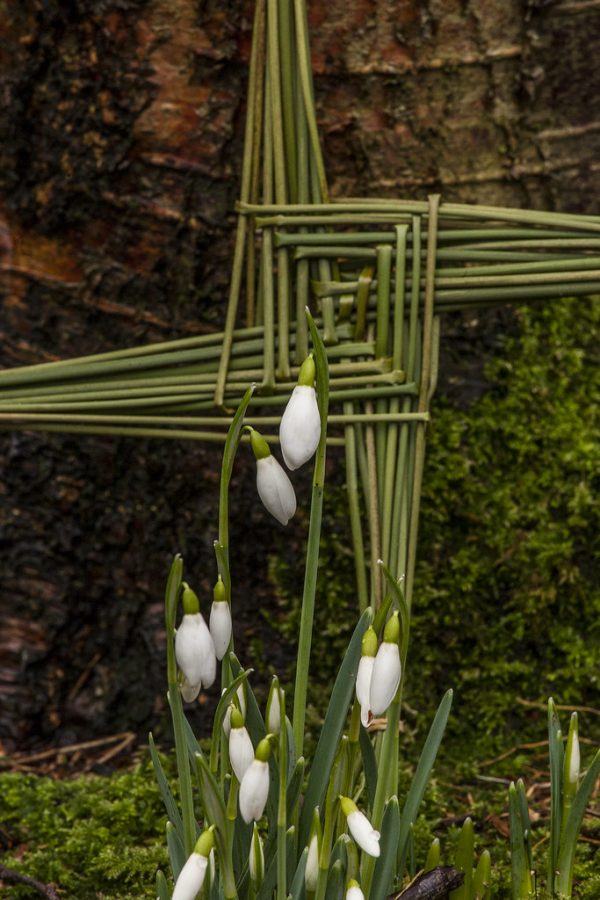St. Brigid’s Day – A New Holiday
In Ireland, 2023 is the first year Saint Brigid will be celebrated as a public holiday. The celebration is a combination of Catholic and Gaelic traditions that lasts from February 1-2. However, it is the first Monday of every February that has been declared a Bank Holiday. This year, that day is today, Monday, February 6th.
But who is St. Brigid?
St. Brigid is Catholic and Orthodox and is one of Ireland’s three patron saints. As a pupil of St. Patrick she was known for her kindness, prophecies, and miracles. Possibly one of her biggest accomplishments was founding the most famous mixed (men and women) monastery in Ireland.
Who is Brigid the goddess?
St. Brigid reflects countless legends and myths about the Celtic fertility goddess Brigid. She is the three-faced goddess of poetry, crafts, healing, and war. Prior to the arrival of Christianity in Ireland, there was an annual feast held for Brigid the goddess also on February the 1st, the celebration is known as Imbloc. The festival also celebrated the halfway point between the winter solstice and the spring equinox.
How is it celebrated?
The day is commemorated by preparing, sharing, and eating traditional foods like boxty pancakes and bacstaí. It is also celebrated by crafting a Brigid’s Day cross. It is made from woven straw or rushes and is hung in one’s house with the belief that it brings the protection and blessing of the saint. To this day the cross remains a symbol of Ireland.
Why is it important?
The declaration of St. Brigid’s Day as a public holiday is not only to honor her but has also been a means of thanking Irish citizens, specifically the frontline workers for their sacrifices during the pandemic. It is also significant as it is the first Irish holiday named after a woman, giving an opportunity to acknowledge the important role women have played not only during the pandemic but throughout all of Irish history.







